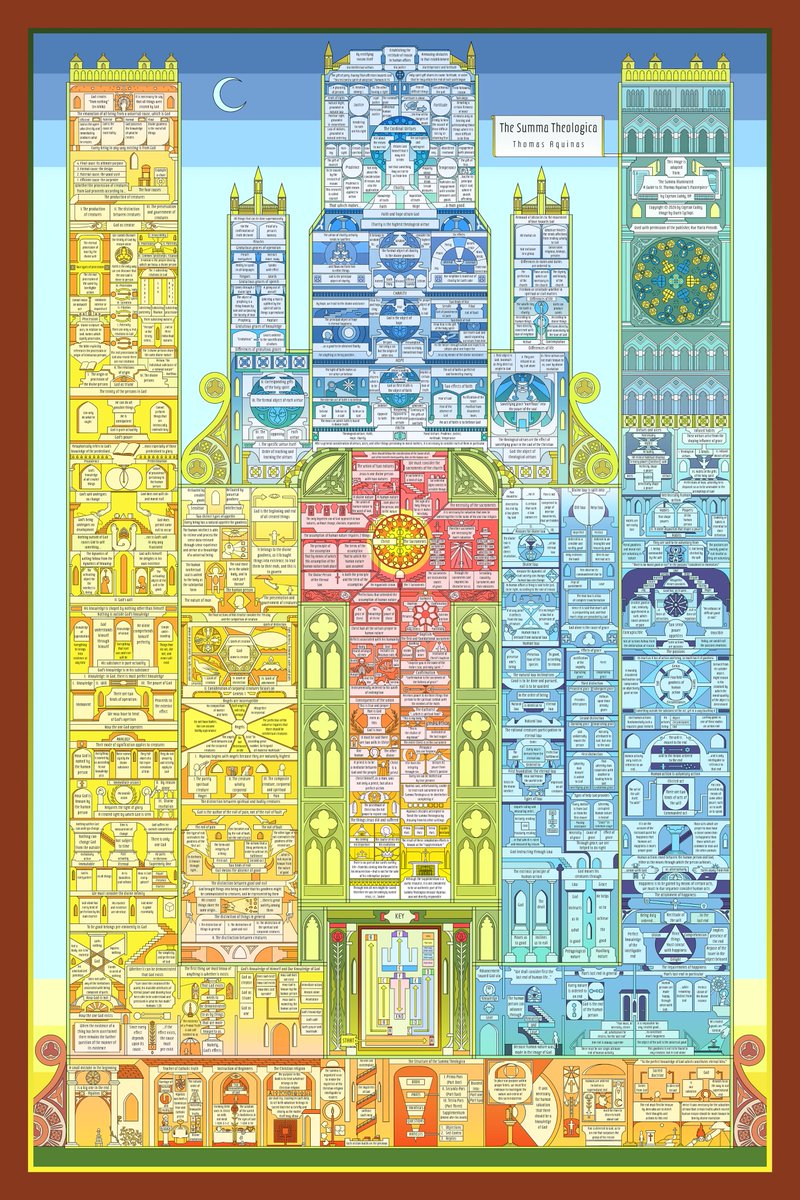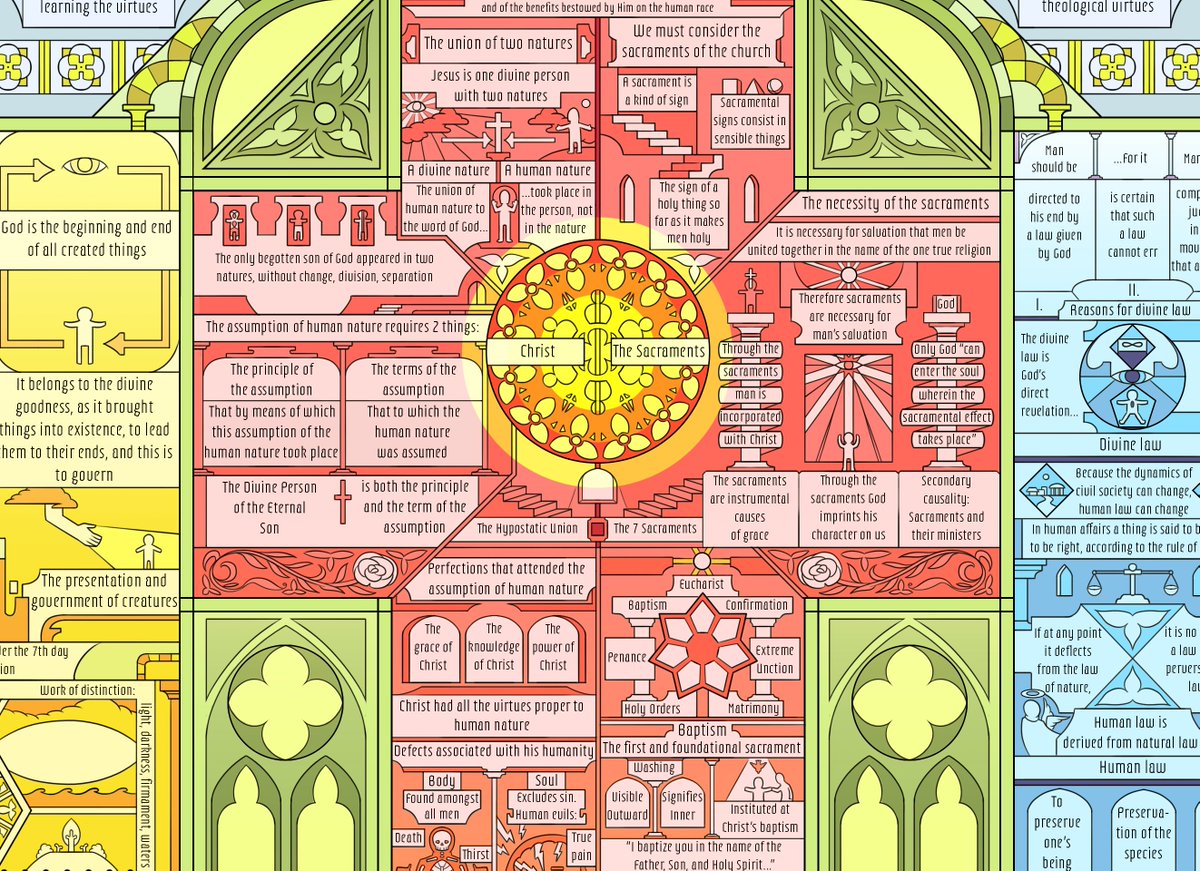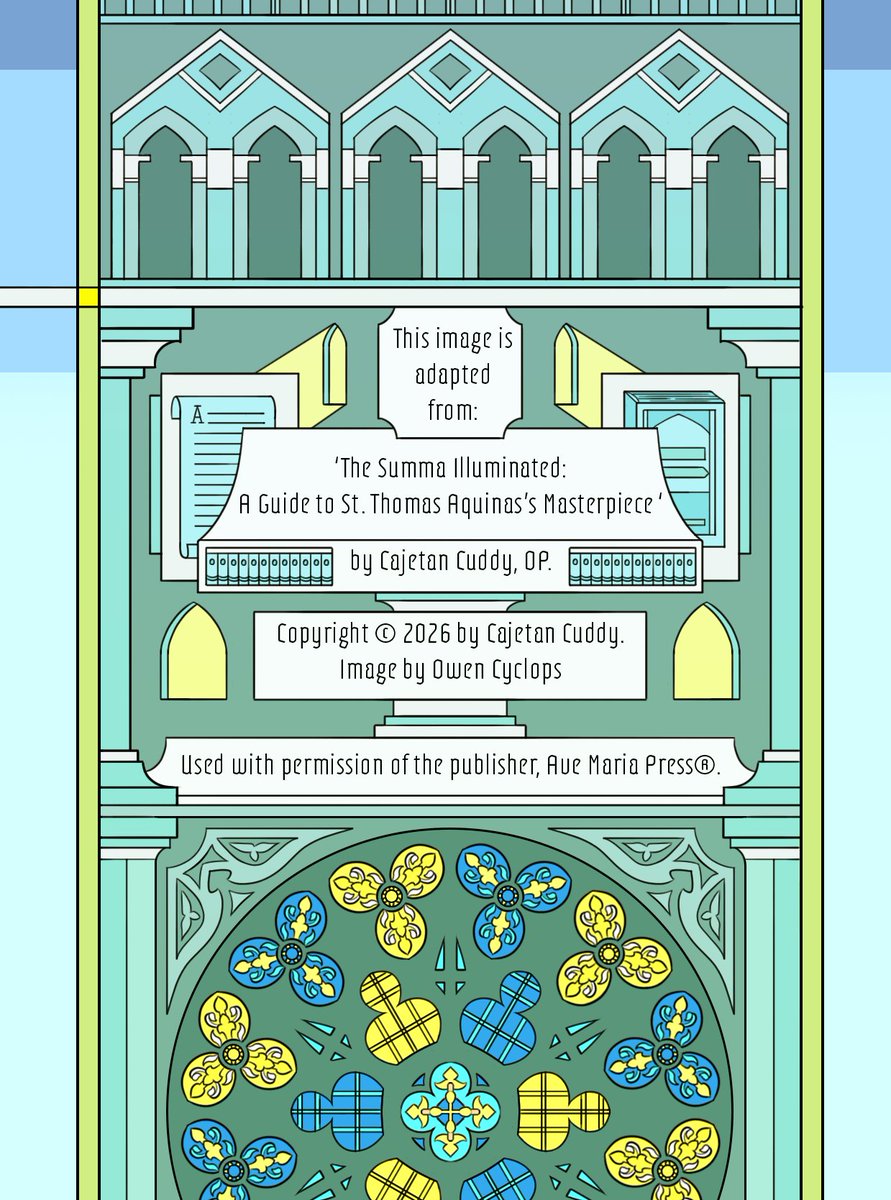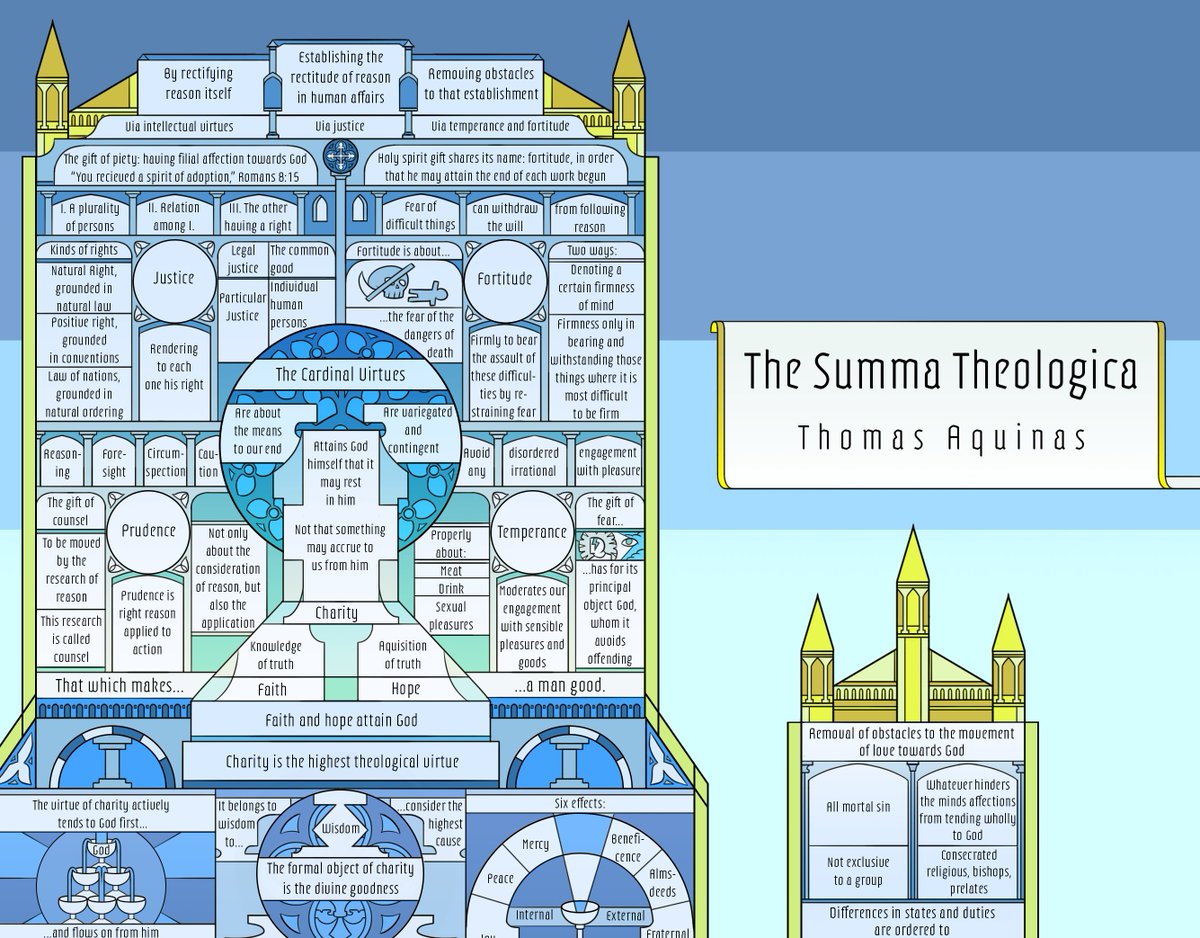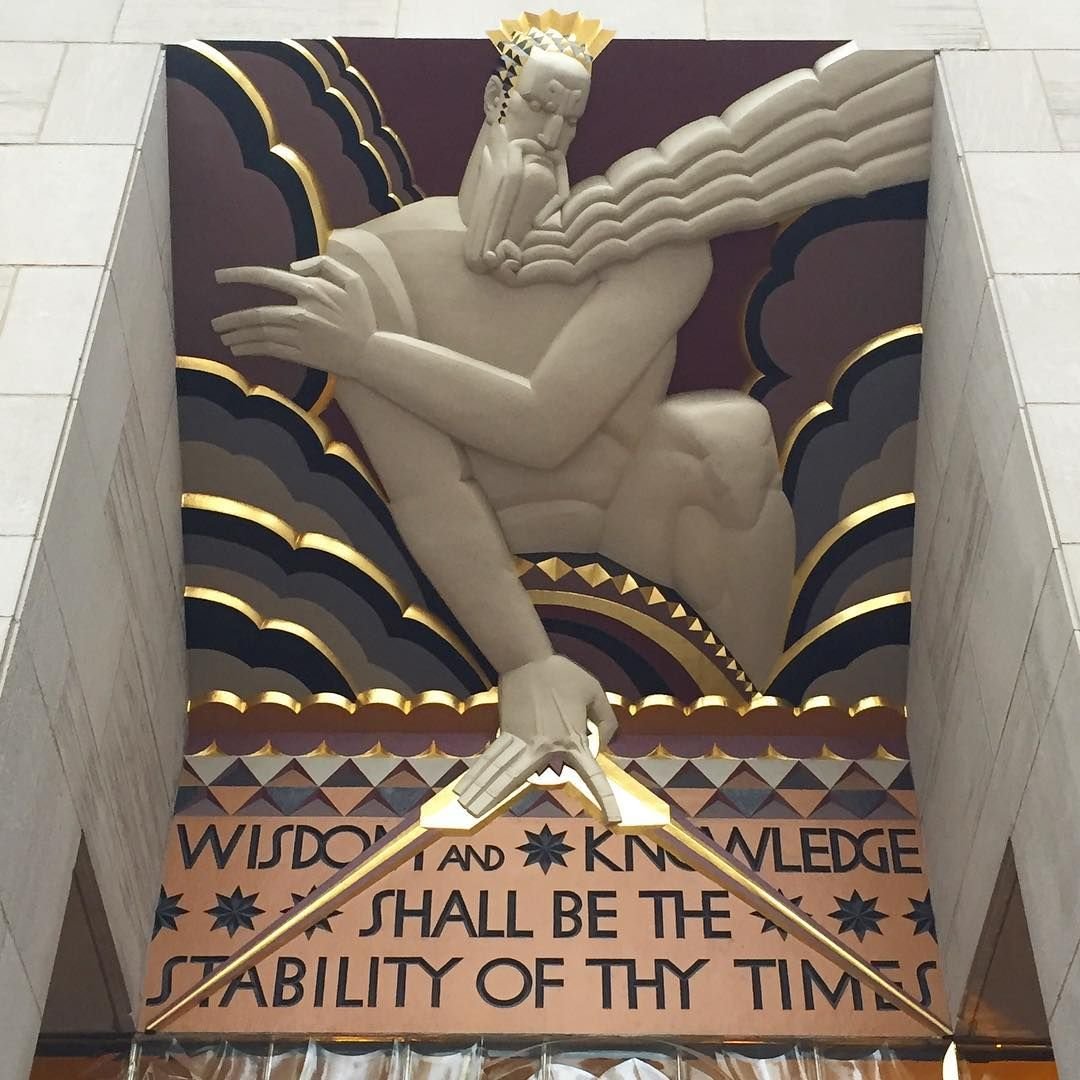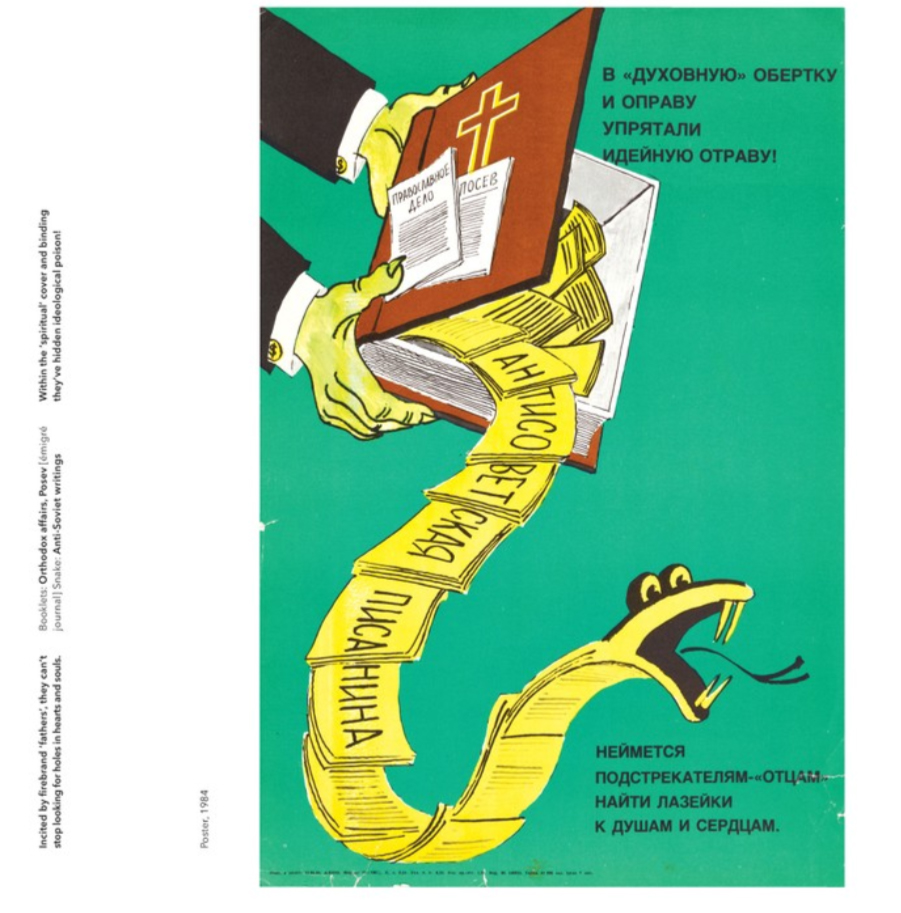got a ton of books recently. usually i pick these up for very cheap (around a dollar). after a few threads, people have asked about why / if i actually read them. the answer is that i have a little library here at the studio and i pool things for inspiration. still setting it up: 

so i pick up anything in my network of topics, and then later when im making images or jumping from one topic to another, i can just pull things off the shelf, hit the relevant chapters, thats basically how i work now. it lets me move through things in a natural way, u could say.
i usually hover somewhere in the vicinity of ‘not having much, if any, extra cash’ but last time wife and i counted we had around 1000 books. its way more now. sometimes i feel like im just building up the library so i have it.
ok let me show u the books i got.
ok let me show u the books i got.
i feel like i can call it a library because it has its own little nook in the studio btw. i am bragging now, about my humble attempt to amass a store of knowledge. ok now i will show you the haul from the last 2 / 3 excursions.
found these two together, they were with a bunch of books about ireland and scotland (did not obtain those). i like grabbing stuff like this that feels like a text that would easily lend itself to quotes for images, image inspiration, etc: 







right now the shelves are broken down into catholic / orthodox / protestant, though id like to break the prot stuff down by denomination. im also padding out my post reformation church history so had to grab these: 

sometimes it is slightly random within my chosen domains, any classics i need ill get, anything that seems like i could get an image out of (second book), or anything that is a guide to one sub aspect of history, especially if it was written a while ago (first book): 







this book here is generally seen as the first art history book. this guy knew a lot of the renaissance artists and just wrote about them. i think there is a story in here about raphael having a vision of mary that i have mentioned often. it also says he died from too much sex: 

somewhere between my quest to understand and penetrate the essence of american christianity and my desire to collect aesthetic books is the reason i get these. evangelical and pentecostal stuff is on the list... soon. working my way up to it. also gotta find all the first set: 







posted some of these when i found them but if u look at them, they really are interesting objects (although i dont get them just for that reason. or maybe thats just what i tell myself. the second pic will obviously be very useful for the operation here). and last one is classic: 







i literally cant resist the 70s / 80s covers. look at this. these are cultural artifacts. (the satan one is from a previous haul). i actually just realized i bought the rapture book twice, once on a previous hunt. 







ill get anything i find thats a comprehensive survey of a topic, or an intro, at least to see what that person or their denomination / field / background has to say about it. so the piles usually look something like this with a few gems mixed in: 







its not like all the shelves here are just random books i find, but by having a healthy amount of this stuff, like i said, when i hit a topic like... history of the trinity, or something in genesis, then i can poke in and see what 5 - 12 different people have to say.
its a pretty serious time over here, as you can see (first pic. had the second one for a while but clearly theyre a pair). thank you for looking at the books i found. this is like three or four trips max. you can do it very cheaply. let me flex a little with this last one.. 







the average price i obtain these for is probably between 1 and 3 dollars. some of these were like 50 cents. to answer the obvious next question, you have to go to places where women are looking for old clothes and furniture. there are books there. usually on outskirts of city. 

just remember if u start going out looking for old books you are under an obligation to also pick up the ones that are part of our material culture / that document views of history / things / events that will soon be overtly heretical or intentionally obscured. thats the trade
• • •
Missing some Tweet in this thread? You can try to
force a refresh


